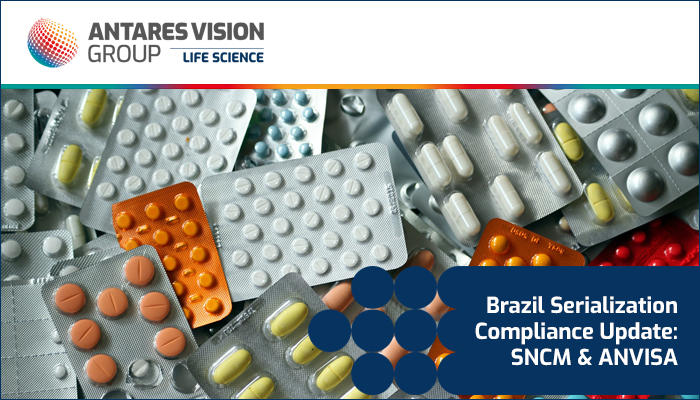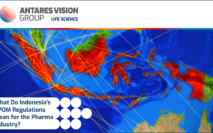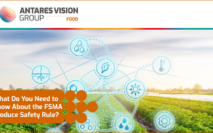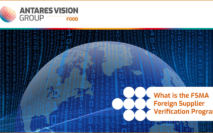Brazil is the largest economy in Latin America. In May 2022, it will join Russia, the EU, and many other counties in mandating serialization in its pharma supply chain. Pharmaceutical companies manufacturing in or importing into Brazil are required to follow the regulations set forth in the National Medicine Control System (SNCM), as described in Law No. 13.410.
The SNCM was signed into law by the Brazilian Health Regulatory Agency (ANVISA) on December 28, 2016; it is the first step toward serialization implementation.
Here’s a rundown of the approaching Brazil serialization deadlines, the responsibilities of the Brazilian supply chain, and all the latest updates.
Original Brazil serializations deadlines
Brazil’s serialization requirements are being implemented in three stages. Stage 1 went into effect in September 2017, which marked the beginning of a 1-year pilot phase. Stage 2, lasting from September 2018 through May 2019, included a pilot review and the finalization of technical guidelines. Stage 3 was initially set for May 2019 to May 2022 and included unit-level serialization implementation.
In November 2019, reports stated there would be changes to these deadlines, which we will address later on in this piece.
Supply chain responsibilities
As of May 2022, every supply chain actor importing to or manufacturing in Brazil is responsible for capturing, storing, and exchanging important events electronically. This initiative was put into place to protect Brazil’s 190 million citizens against common problems in the drug supply chain, including counterfeit drugs and cargo theft.
The SNCM requires unit-level serialization, tracking and tracing products, and monitoring environmental conditions as products move through the supply chain. These serialization requirements state that every item must be visible at the unit level, and all products must have a list of the following specifications:
- GS1 2D data matrix bar code that houses a Global Trade Item Number (GTIN)
- ANVISA Medicine Registry Number
- Unique serial number
- Expiration date
- Lot/batch number
Latest updates to the SNCM
As we reported in another recent blog post, updates to the SNCM were suggested in November (2019), raising concerns about compliance. The proposed changes stipulate that every pharma stakeholder should be able to serialize 25 percent of its products by October 2020 — a full 18 months earlier than the original deadline. (Other deadlines didn’t change: 50 percent by April 2021, 75 percent by September 2021, and 100 percent serialization and reporting by April 2022.)
We’re not sure what the ramifications will be — a 45-day public review is currently underway — but our Latin America team is monitoring the situation.
Final thoughts: rfxcel’s role in Brazil serialization
For 15 years, rfxcel has deployed its experience to help companies from Latin America to Russia increase supply chain visibility. We have fine-tuned our traceability software to help manufacturers operating in the Brazilian market achieve compliance.
We are prioritizing assisting Brazilian companies to prepare for the May 2022 deadline. Vinicius “Vinnie” Bagnarolli, rfxcel’s Director of Commercial Operations in Latin America, warns that even though the deadline is still far in the future, companies should start preparing for the shift now:
“SNCM requires pharma companies to do a lot of new things and adopt new behaviors. This includes implementing unit-level serialization, tracking and tracing products, and monitoring environmental conditions as they move through the supply chain. Companies will also have to submit detailed transaction data to the government. We want companies, distributors, and dispensers to know that we have the technical expertise and experience in Brazil to help them transition to SNCM. We are on the ground in Brazil; we are here to help.”
If you have questions or concerns about the SNCM or any other aspects of the pharma supply chain in Latin America, you can email Vinnie directly at vbagnarolli@rfxcel.com or contact us to set up an appointment. Also, check back for details about a webinar about these and other issues that Vinnie will host in December!





